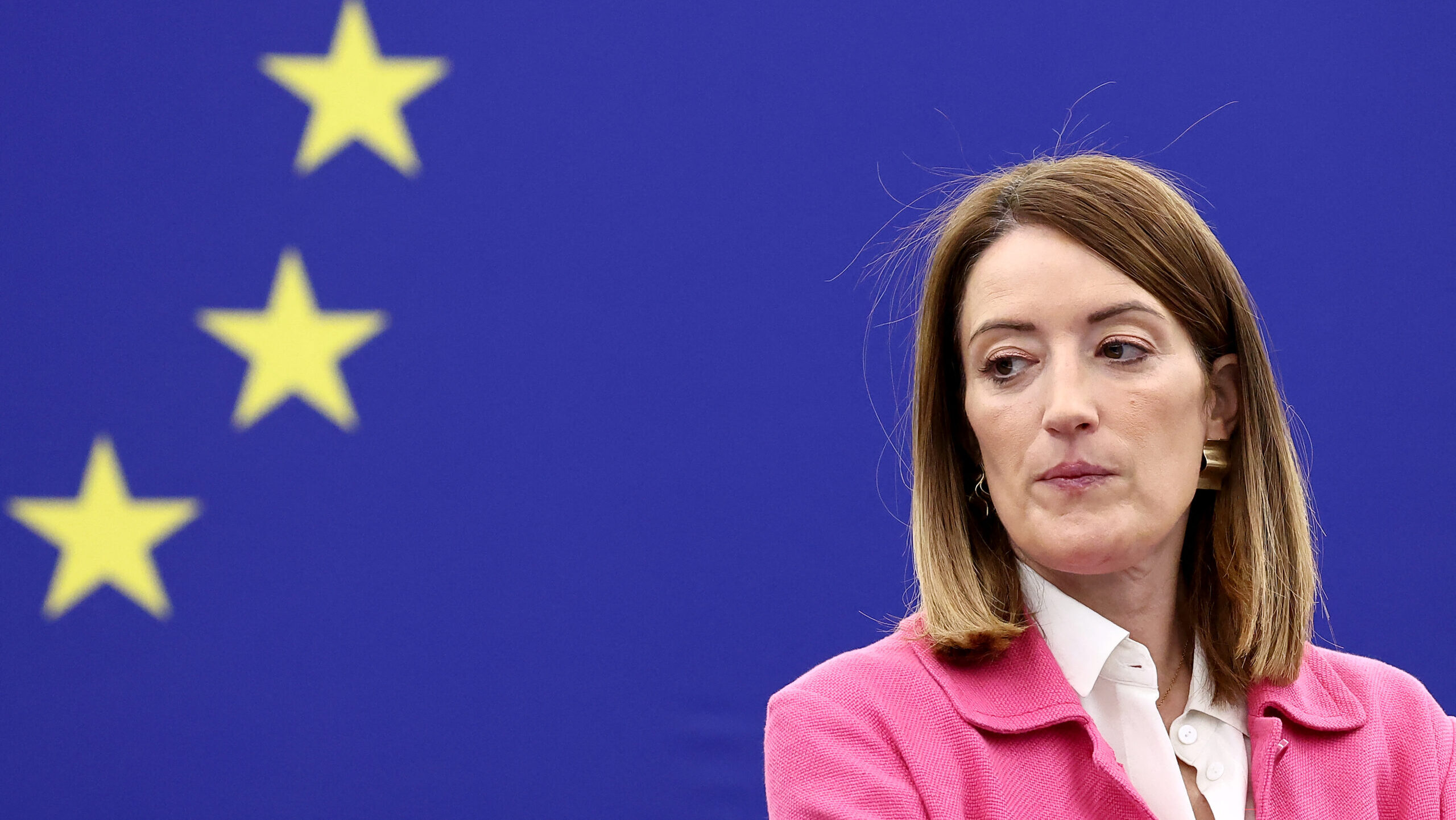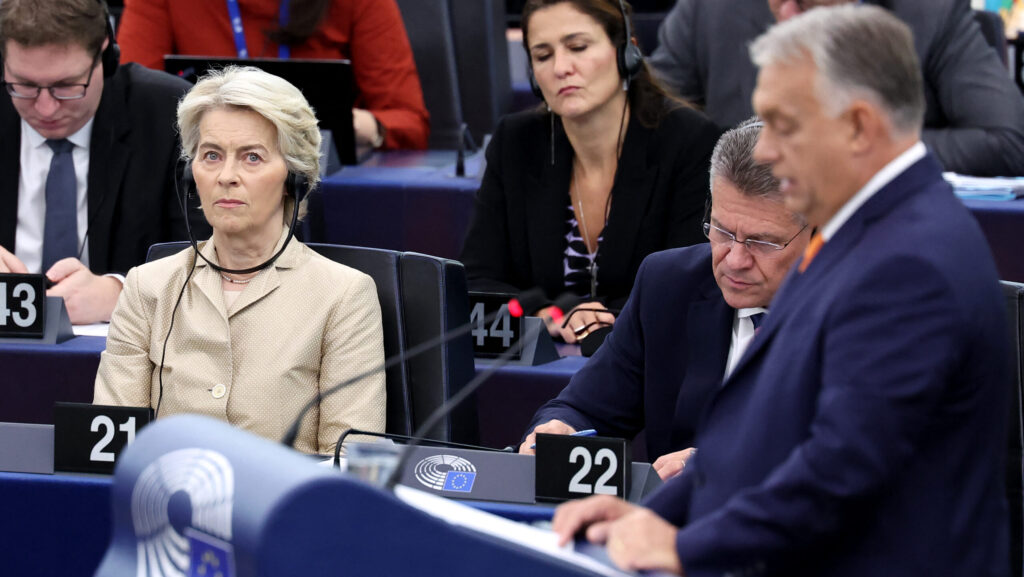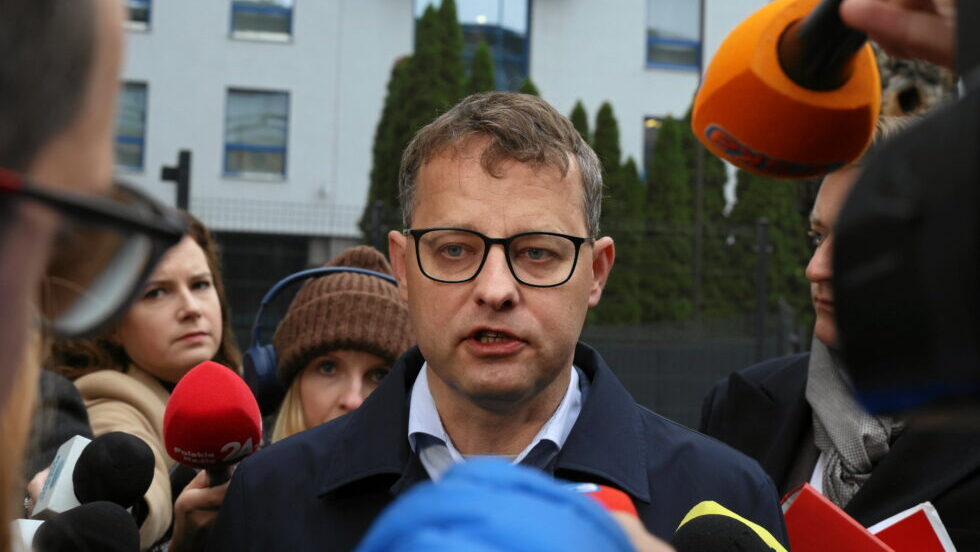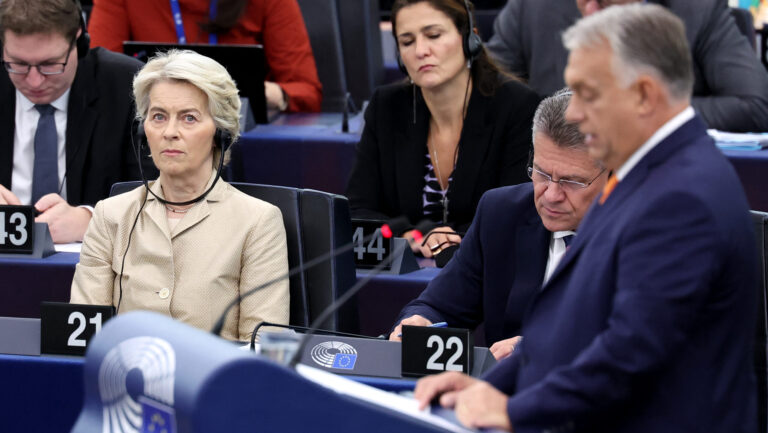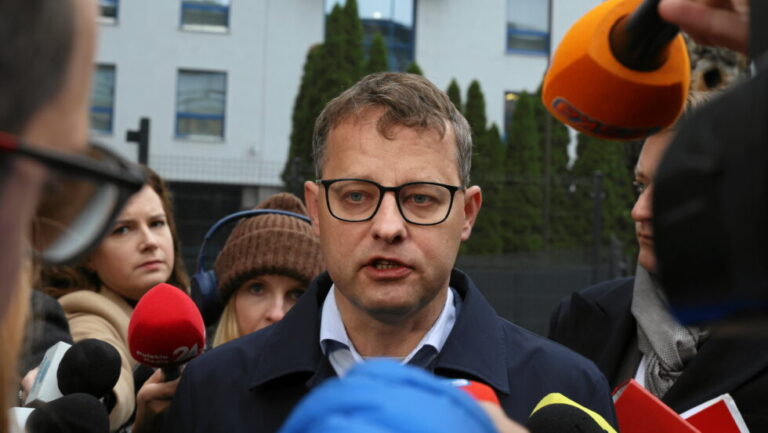The European Parliament will once again debate Hungary on Wednesday, this time in connection with a broader legislative package that includes a child protection-related amendment to the law on the right of assembly, as well as stricter regulations concerning foreign-funded NGOs and media outlets. However, as Hungarian Minister for EU Affairs János Bóka pointed out on Tuesday, the EP did not invite any representatives of the Hungarian government to address the debate. Nor did the Polish EU presidency—which will, in contrast, take part in the session—consult Budapest in advance.
The most controversial element of the new legislation is, unsurprisingly, the amendment to the law on the right of assembly. Under the recently adopted provision, organizers and participants of mass events that violate the child protection law—such as the Budapest Pride march—can be fined. Opposition parties and progressive, LGBTQ+ NGOs have labelled the measure a ‘Pride-ban’ and have been staging protests since its adoption on 18 March. According to the law, fines collected as public debt will be redirected to child protection programmes.
Hungary’s child protection law is among the strictest in the region when it comes to shielding children from gender ideology and LGBTQI+ propaganda. Adopted in June 2021, the Child Protection Act prohibits the promotion of homosexuality and gender reassignment to minors, and includes regulations on sex education in schools. The legislation was further strengthened last year with provisions such as the denial of parole for individuals convicted of crimes against the sexual integrity of persons under the age of 18. Child protection is a key pillar of Hungary’s internationally recognized family policy, designed to guard children from ideological indoctrination and instead promote the transmission of traditional family values.
This, of course, does not sit well with Brussels. It is one of the key reasons—alongside Hungary’s strict migration policy and its pro-peace stance on the war in Ukraine—that the European Commission continues to withhold EU funds lawfully owed to Hungary. Last week 22 embassies of EU member states—along with the United Kingdom and Australia—issued a joint statement expressing concern over the legislation. Notably absent from the list were the United States and Italy, signalling a marked shift in American policy. Under the previous administration, openly gay US Ambassador David Pressman had been one of the leading figures behind such initiatives. German Green MEP Daniel Freund, who has built his political profile on constant criticism of the Hungarian government, joined the protests last week and effectively admitted that Brussels is interfering in Hungary’s domestic affairs.
Another element of the legislative package that has provoked backlash in Western Europe is the introduction of stricter transparency requirements for foreign-funded NGOs and media outlets. This move has been partly fuelled by revelations made by US President Donald Trump, who exposed the US Agency for International Development’s (USAID) questionable role in financing a globalist network of NGOs and media outlets promoting a woke agenda aimed at destabilizing conservative governments such as Hungary’s.
In response, Prime Minister Viktor Orbán appointed Fidesz MEP András László as government commissioner to investigate how such funds are channelled into Hungary. László has since stated that the findings of his inquiry could well lead to legal consequences.
Earlier in March Máté Kocsis, the parliamentary leader of Fidesz, announced via social media that the government had submitted a proposal to amend Hungary’s Fundamental Law. The amendment would allow for the revocation of citizenship from dual nationals whose actions pose a threat to Hungary’s sovereignty, public order, territorial integrity, or national security.
In explaining the proposal, Kocsis noted that it could apply to NGO activists and journalists who serve foreign interests—reinforcing the government’s commitment to resisting external interference in Hungary’s internal affairs.
Zoltan Kovacs on X (formerly Twitter): "❗️Once again, the @Europarl_EN is attacking Hungary, said Minister for EU Affairs @JanosBoka_HU in a statement ahead of Wednesday's debate in Brussels on Hungary's "recent legislative changes and their impact on fundamental rights".⚠️ Minister Bóka highlighted that-"true to the... pic.twitter.com/2rG5pMNnVa / X"
❗️Once again, the @Europarl_EN is attacking Hungary, said Minister for EU Affairs @JanosBoka_HU in a statement ahead of Wednesday's debate in Brussels on Hungary's "recent legislative changes and their impact on fundamental rights".⚠️ Minister Bóka highlighted that-"true to the... pic.twitter.com/2rG5pMNnVa
János Bóka stated on Tuesday that he had sent a letter to his Polish counterpart in order to explain what the European Parliament’s debate is truly about: the Hungarian government’s defence of children’s interests, national sovereignty, and transparency in NGO funding.
‘This is what Wednesday’s debate in Parliament is really about. This is what we need to talk about openly: who is on the side of children, national sovereignty and transparency. Everything else is a political circus.’
Related articles:

